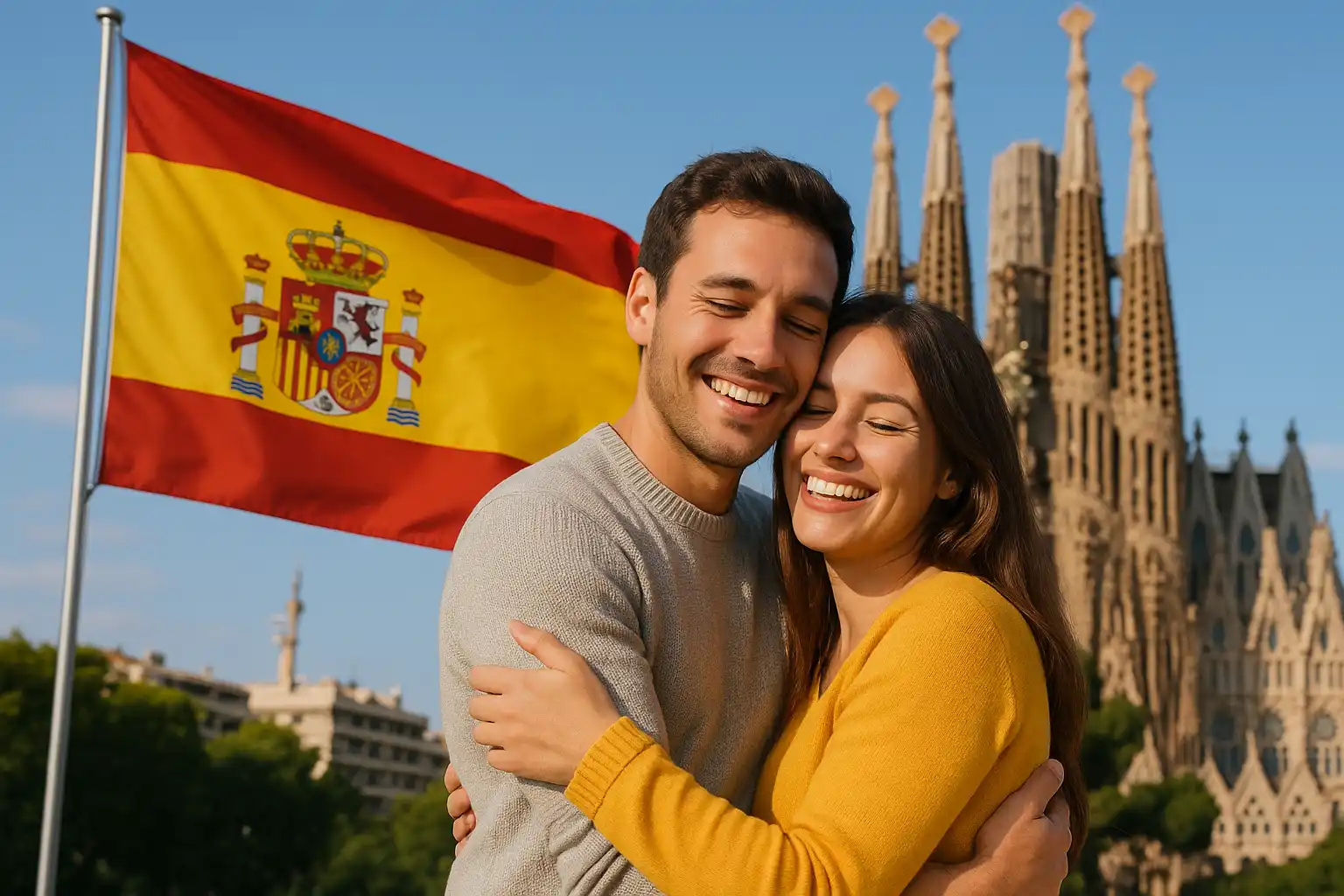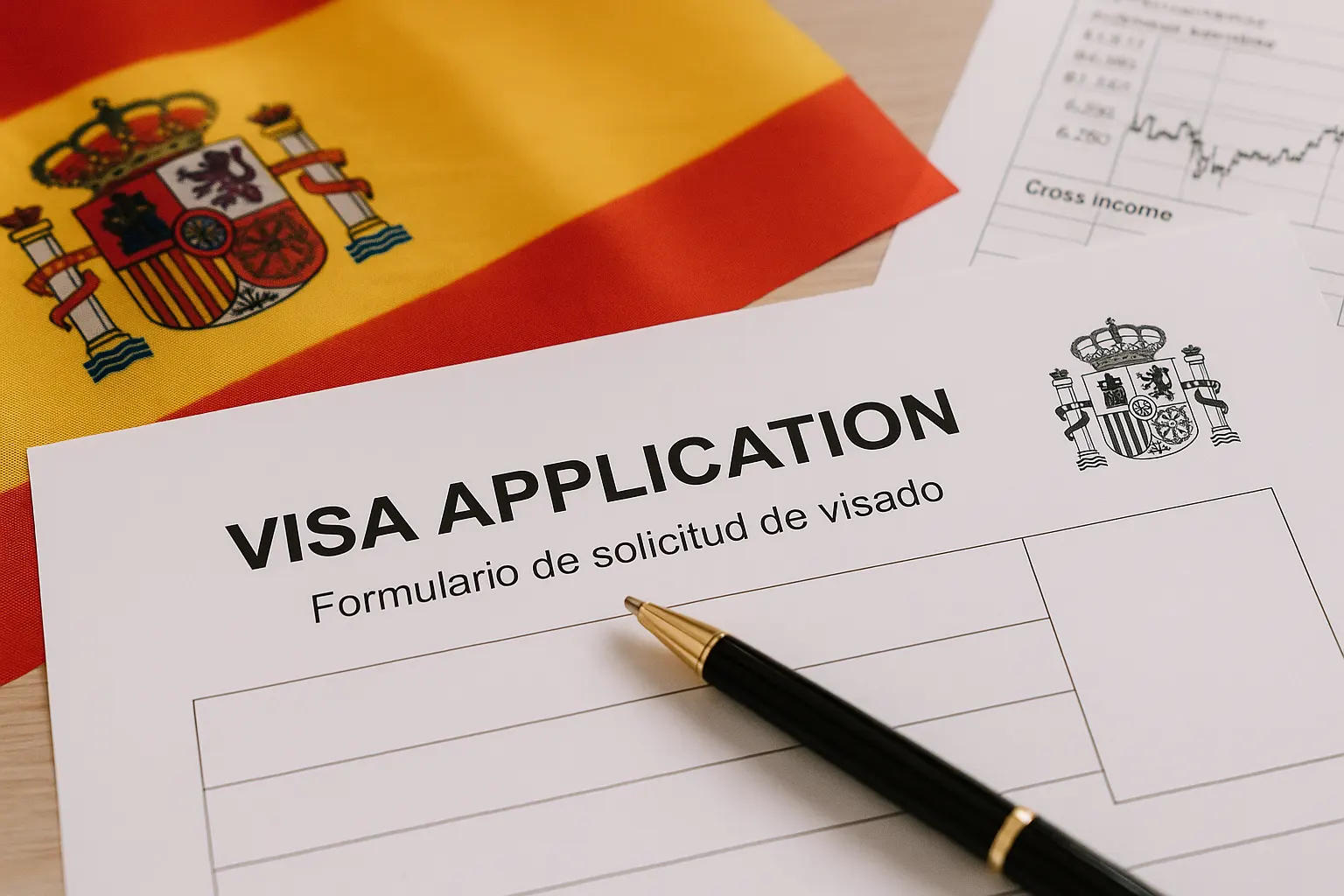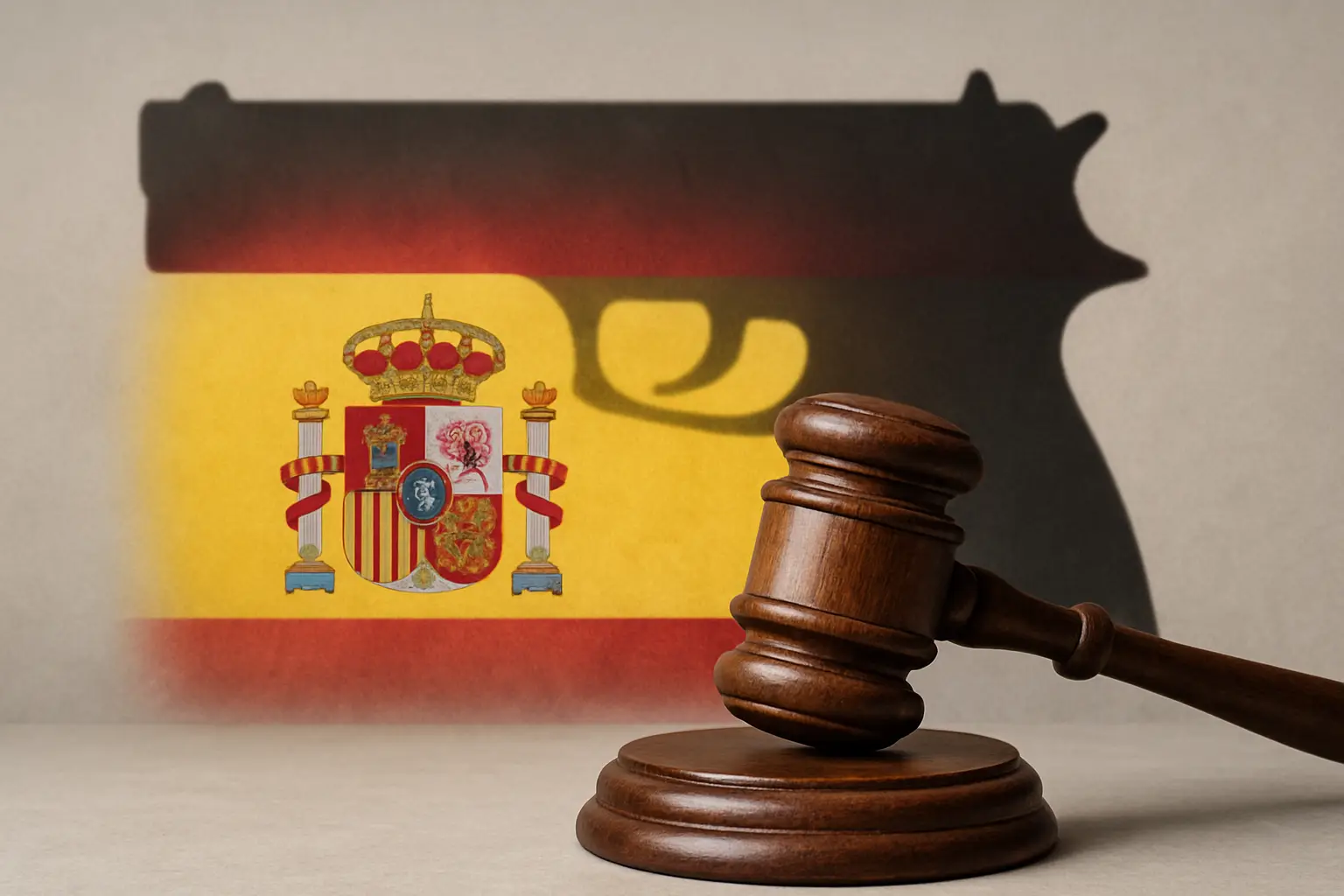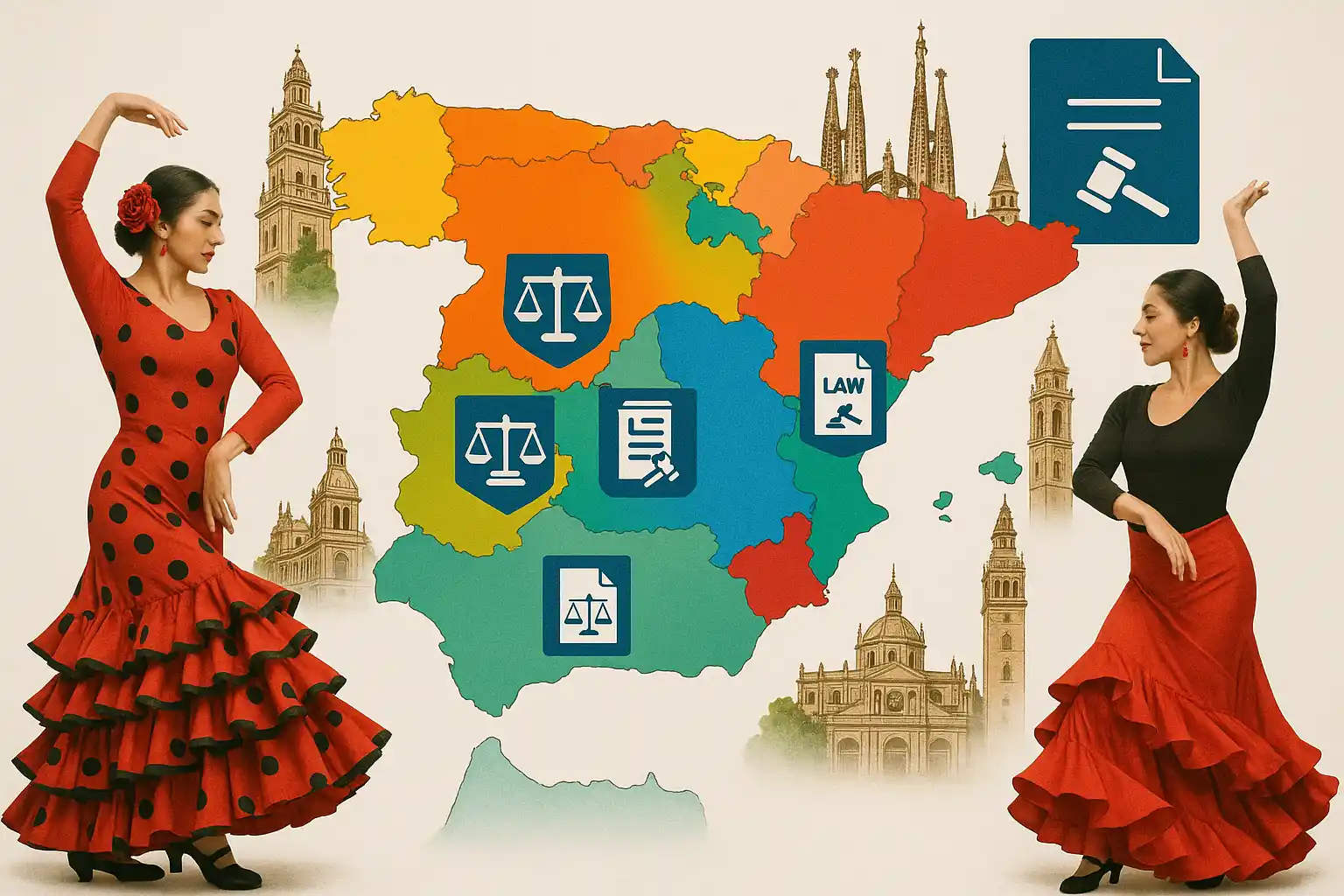Spain’s Digital Nomad Visa has emerged as a compelling opportunity for British applicants seeking to combine remote work with an enriching lifestyle in Europe. Designed under the framework of Spain’s Startup Act (Law 14/2022), which came into effect in January 2023, this visa caters specifically to remote workers who meet defined income thresholds and other eligibility criteria.
Key aspects covered in this article focus on the Spain digital nomad visa income requirements and the detailed application process tailored for British nationals. Understanding these income criteria is essential for successful application submission and approval. The legal foundation established by the Startup Act ensures clarity and consistency in processing, making it vital for applicants to familiarize themselves with both procedural and financial prerequisites.
This guide aims to provide comprehensive insights into qualifying income levels, documentation, and related regulations that shape access to Spain’s remote work visa scheme. Additionally, it will touch upon practical considerations for moving to Spain from the UK post-Brexit, including residency and living tips for British citizens. Furthermore, we will explore the intricacies of buying vs renting in Spain, providing expert tips on housing costs and legal steps for UK expats.
Understanding the Spain Digital Nomad Visa Income Requirements
The Spanish Digital Nomad Visa was introduced under Spain’s Startup Act (Law 14/2022) as part of the country’s effort to attract remote workers and international entrepreneurs. This visa category allows non-EU nationals, including British applicants, to reside legally in Spain while working remotely for foreign companies or clients. The legal framework establishes clear conditions that applicants must fulfill to qualify for this permit.
A critical eligibility criterion is the minimum stable monthly income, which serves to ensure applicants have sufficient financial means to support themselves during their stay in Spain. For British nationals applying under the digital nomad visa Spain requirements, this threshold is set at €2,760 per month. This amount corresponds approximately to 200% of the Spanish minimum wage, reflecting Spain’s intent to attract financially stable individuals who contribute positively to the local economy without relying on public funds.
Key points regarding income requirements include:
- The applicant must demonstrate a continuous and verifiable income stream from remote work or self-employment.
- Income sources can include contracts with foreign employers, freelance work, or digital services provided internationally.
- Proof of income typically involves bank statements, signed employment contracts, invoices, or tax returns evidencing earnings above the minimum limit.
This financial benchmark distinguishes the Spain nomad visa requirements from other residence permits by emphasizing economic independence. It also aligns with the broader objectives of Spain’s strategy for attracting talent through its spain permit residence years law, which facilitates extended stays for qualifying remote workers.
Understanding these income criteria is essential before initiating the application process for the digital nomad visa in Spain, ensuring compliance and increasing chances of approval. For British citizens seeking to navigate this process, it’s important to understand that a Spanish visa is required in order to work, invest or live in Spain. Furthermore, obtaining a resident card may also be beneficial for those planning a long-term stay in Spain.
Understanding the Application Process for British Applicants
Applying for the Spain Digital Nomad Visa involves several clear steps designed to make the process easier. British applicants must carefully follow these procedures to ensure timely approval.
Step-by-step application guide:
1. Determine where to apply:
Applications should be submitted at the Spanish Consulate or Embassy in the United Kingdom. Applicants can also apply online through Spain’s official visa portal if available, making the process easier without needing to visit in person.
2. Book a consulate appointment:
Scheduling an appointment is essential for submitting biometric data and original documents. Early booking is recommended due to potential high demand.
3. Prepare required documents:
- Completed visa application form
- Valid British passport with at least six months validity beyond the intended stay
- Proof of stable monthly income meeting or exceeding €2,760
- Employment contract or proof of remote work linked to a foreign company
- Health insurance coverage valid in Spain
- Criminal record certificate from the UK issued within the last three months
- Recent passport-sized photographs meeting Spanish visa specifications
4. Submit your application:
Present all documents during your consulate appointment. Original documents may require certified translations into Spanish.
5. Pay the visa application fee:
The fee is approximately €80, payable at the consulate either online or in person depending on local procedures.
Processing timeframes:
The average processing period ranges between 15 and 30 calendar days from submission. Delays may occur if additional documentation is requested or during peak seasons.
Applicants should prepare all documents meticulously and confirm consulate-specific requirements before submission to avoid common processing delays related to incomplete applications or missing paperwork.
This structured approach supports British nationals in navigating the application procedure efficiently while complying with Spain’s legal requisites under the Startup Act framework.
If you’re considering a more permanent move, such as getting married in Spain, you might find this guide helpful which provides detailed information on how UK and US citizens can legally marry in Spain, including step-by-step guidance on necessary documents, timelines, and ceremony options.
Income Adjustments and Family Inclusion Rules Explained
The Spain Digital Nomad Visa income requirements adjust when family members accompany the primary applicant. The base minimum stable monthly income for a single applicant is €2,760. This amount increases depending on the number of dependents included in the application.
Income Increase Rules for Family Members
- First dependent (spouse or partner): An additional 75% of the base income is required.
- Each additional dependent (children or other eligible dependents): A further 25% increase per person applies.
For example, a primary applicant with one spouse and two children must demonstrate:
- Base income: €2,760
- Spouse: 75% of €2,760 = €2,070
- Two children: 25% × 2 × €2,760 = €1,380
- Total required monthly income: €6,210
This scaled income requirement ensures that applicants can support their entire family unit during their stay in Spain.
Documentation for Family Unit Applications
Applicants must provide documentation proving familial relationships to include dependents under the visa:
- Marriage certificate: Official document proving legal marriage or registered partnership.
- Birth certificates: For each child included in the application, demonstrating parentage.
- Additional supporting documents: May include proof of dependency such as school enrollment for children or evidence of financial support arrangements.
All documents not originally in Spanish require official translation and apostille legalization to meet Spanish authorities’ standards.
Understanding these family members income requirements applicants spouse dependents rules is critical for British applicants preparing a complete and compliant visa application package under Spain’s digital nomad visa program.
Tax Advantages Under Beckham Law Relevant To Digital Nomads In Spain
The Beckham Law represents a significant tax advantage within the Spanish tax system, especially relevant for digital nomads relocating to Spain under the new visa regime. Formally known as the Special Expatriate Tax Regime, it allows qualifying individuals to benefit from a flat income tax rate of 24% on Spanish-source income up to €600,000 annually for a maximum period of six years.
Key Features of Beckham Law for Digital Nomads
- Applies only to income generated within Spain.
- Flat tax rate considerably lower than standard progressive rates that can exceed 45%.
- Duration limited to six years from the date of registration under the regime.
- Income above €600,000 is taxed at a higher marginal rate (currently 47%).
Eligibility Conditions Related to Digital Nomads
Digital nomads must satisfy specific criteria to qualify under this tax advantage:
- New Tax Residency: They must become a tax resident in Spain, meaning they spend more than 183 days per year in the country or have their primary economic interests there.
- Employment Relationship: The individual should not have been a Spanish tax resident in the previous 10 years before applying.
- Remote Work Status: Although physically present in Spain, digital nomads typically work remotely for foreign companies or clients, which aligns well with the law’s conditions.
- Application Timing: Registration under Beckham Law must occur within six months of starting employment or becoming a resident.
Practical Implications
For British applicants using the Spain Digital Nomad Visa, this regime offers a predictable and often reduced tax burden compared to normal Spanish taxation. It simplifies financial planning and enhances net income retention while working remotely in Spain.
Understanding these tax advantages is essential when considering relocation and long-term financial commitments under the Spain Digital Nomad Visa. Additionally, it’s important for digital nomads to consider how these tax benefits compare with their home country’s regulations. For instance, a freelance tax comparison between Spain and the UK can provide valuable insights into optimizing business decisions and understanding potential financial implications.
Health Insurance Requirements And Benefits During Residency In Spain
Applicants for the Spain Digital Nomad Visa must comply with health insurance Spain’s health system coverage requirements throughout their residency period. This mandate ensures that all visa holders have access to adequate medical care without relying on public healthcare services, which are primarily reserved for residents or contributors to the Spanish social security system.
Mandatory Health Insurance Coverage
The insurance policy must provide comprehensive coverage similar to what is offered by the Spanish public health system. Coverage should include medical expenses, hospitalization, emergency services, and repatriation. The policy must be valid for the entire duration of the visa and issued by an insurer recognized in Spain.
Acceptable Insurance Options
- Private health insurance from Spanish or international companies authorized to operate in Spain.
- European Health Insurance Card (EHIC) is not sufficient as it only covers temporary stays.
- Some applicants opt for global health insurance plans tailored for expatriates, provided they meet the minimum coverage standards.
It is also essential to note that travel insurance for Europe can be a beneficial addition to your primary health insurance plan, offering further protection during your stay.
Benefits of Compliant Health Insurance
- Immediate access to private healthcare facilities without delays.
- Avoidance of out-of-pocket expenses for routine and emergency medical care.
- Peace of mind knowing that any health issues during the stay are financially covered.
Ensuring proper health insurance aligns with Spain’s legal framework for visa holders and facilitates a smooth residency experience. Verification of insurance documents forms part of the application process, making early preparation critical.
Long-Term Residency Opportunities Through The Digital Nomad Visa In Spain
The Spain Digital Nomad Visa offers a pathway to extended legal residence, allowing holders to stay up to five years in total through a renewal process. This enables applicants to build a more permanent presence while working remotely under Spain’s Startup Act framework.
Key points regarding long-term residency include:
- Initial validity period: The visa is typically granted for one year.
- Renewal conditions: Subsequent renewals can extend residency up to four additional years.
- Income requirements: Applicants must continue to meet the Spain digital nomad visa income requirements during each renewal, demonstrating stable earnings of at least €2,760 per month.
- Residence permit card (TIE): Upon arrival in Spain, digital nomads must apply for the Tarjeta de Identidad de Extranjero (TIE), which serves as the official residence permit and proof of legal status.
- TIE application deadline: This should be done within 30 calendar days after entering Spain.
- Rights conferred by TIE: The card allows holders to live and work remotely within Spain, access healthcare, and facilitates travel within the Schengen Area.
Maintaining compliance with income thresholds and timely paperwork submission ensures smooth renewals. After five years of continuous residency, visa holders may explore eligibility for permanent residency or other long-term immigration benefits under Spanish law.
Avoid Common Application Pitfalls To Increase Approval Chances
Navigating the Spain Digital Nomad Visa application process requires careful attention to detail. There are several common mistakes that can delay or jeopardize approval. By understanding these issues, you can increase your chances of success.
Key areas to monitor:
- Incomplete documentation: Make sure you include every required document and that each one is fully completed. Missing pages, unsigned forms, or outdated documents can lead to rejection or requests for additional paperwork. Refer to the official guidelines on documents for British people abroad to ensure you have everything in order.
- Missing apostilles and certifications: Official documents from the UK often need to be legalized with an apostille in order to verify their authenticity. If you forget this step, it could cause delays in processing.
- Inaccurate translations: Any documents that are not originally in Spanish must have certified translations. If you submit non-certified or poorly translated documents, they may be considered invalid.
- Appointment scheduling delays: It’s important to book your visa appointments as early as possible. There are limited slots available in consulates or embassies, especially after Brexit, which means wait times may be longer. For more information on scheduling appointments and the necessary procedures, check the Spanish Consulate’s website.
- Proof of stable income errors: Make sure you provide clear evidence that meets or exceeds the minimum requirement of €2,760 per month. This can include bank statements or contracts.
- Health insurance coverage gaps: You need to submit valid proof of private health insurance that is recognized by Spanish authorities for the entire duration of your visa.
“A well-prepared application anticipates potential administrative hurdles.”
Keeping a checklist that follows the official guidelines will help you avoid missing any requirements. It may also be beneficial to consult with immigration experts who are familiar with the circumstances of British applicants, as they can identify any inconsistencies before you submit your application. Additionally, using electronic processing platforms can help you track the status of your documents and deadlines, reducing the chances of human error during compilation.
By following these practical measures, you can minimize the risks associated with application process pitfalls, documentation errors, and appointment delays, making it easier for you to get approved for the Spain Digital Nomad Visa.
Takeaways
The Spain Digital Nomad Visa offers significant benefits for applicants seeking a year of remote work, living in the country, or establishing a business. Meeting the spain digital nomad visa income requirements is crucial to secure this permit and enjoy its advantages.
Key points to consider:
- Begin your application process promptly to avoid delays.
- Ensure all required documents, including proof of stable income and health insurance, are complete and correctly prepared.
- Utilize professional support such as NIM Immigration Lawyers Barcelona for expert guidance throughout the application.
- Understand tax requirements, including potential benefits under the Beckham Law, to optimize your financial planning.
- Prepare thoroughly for family inclusion rules if applying with dependents.
Taking these steps increases your chances of obtaining legal residence status and enjoying Spain’s vibrant lifestyle while working remotely. The combination of clear legal frameworks, streamlined procedures, and expert advice creates an accessible path for British professionals to make Spain their new home base.














